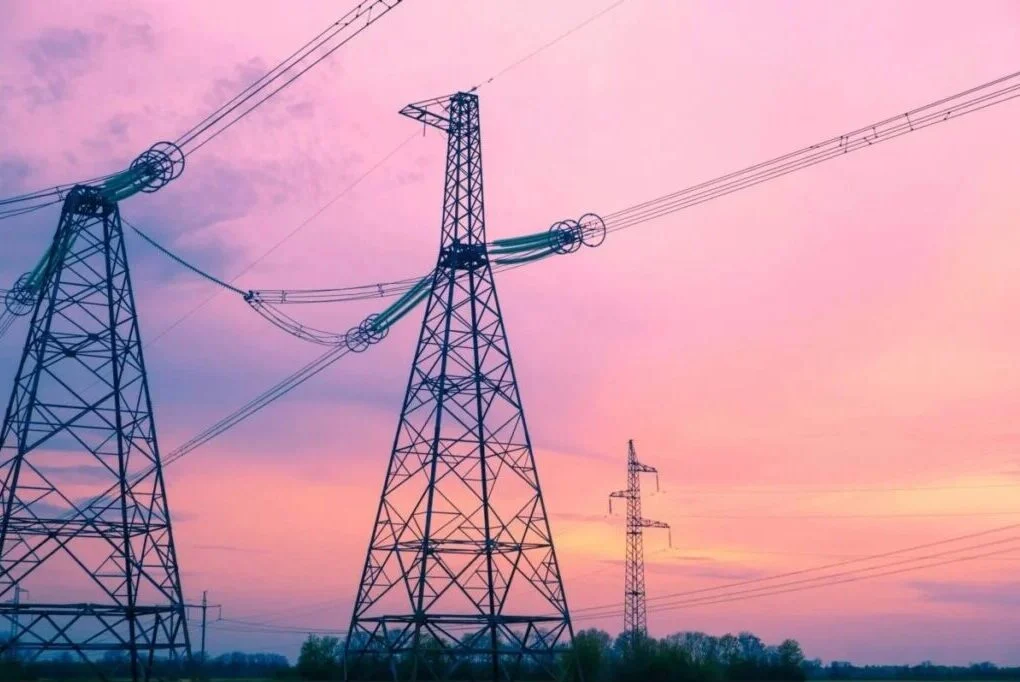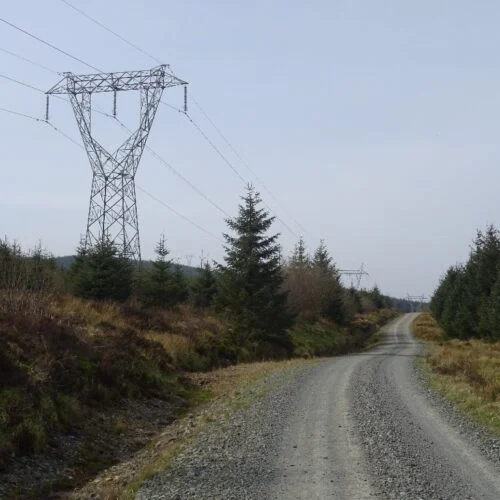The National Energy System Operator (NESO) has released its 2025 Early View of Winter, laying out the early operational expectations for the British electricity grid for winter 2025/2026.
The report, released today (18 June), anticipates that the grid will have an operational margin of 6.6GW (10.9%), which is the highest anticipated margin seen since the winter of 2019/2020. This margin has improved by more than 1GW from last year’s winter outlook margin of 5.2GW.
NESO credits this positive increase in margins to a number of factors, including the growth of battery energy storage system (BESS) capacity on the grid since last year; 2024 saw the UK BESS sector cross a notable milestone as a total of 7GWh of storage is now connected to the UK grid, despite a slowdown in slowdown in both capacity additions and overall pipeline growth across the year.
NESO also credits the increased margins to the recent commissioning of the Greenlink Interconnecter, which links the Irish and Welsh electricity grids and provides significant operational flexibility.
While NESO states that it is confident that it is confident about the capabilities of the grid across this winter, it has stated that “there may still be some tight days”, requiring the use of Capacity Market Notices and Electricity Market Notices to urge owners of generation technologies such as wind farms, solar PV power plants, batteries and power stations, that additional electricity supplies may be required to meet specific operational needs.
Dr Deborah Petterson, director of resilience and emergency management at NESO, stated that the organisation is feeling optimistic about the state of the network over the coming winter.
“Our early view of the winter ahead shows a positive outlook with sufficient margins throughout the colder winter months,” said Petterson. “We will continue to monitor developments in global energy markets, remaining vigilant in our preparations to ensure that the resilience and reliability of the electricity network is maintained.”
This optimism is shared by other stakeholders in the energy industry, including Jess Ralston, energy analyst at the Energy and Climate Intelligence Unit (ECIU), who stated that Britian’s blackout risk is at the lowest it has been since pre-Covid.
“This is evidence of renewables providing reliable energy that stabilises prices, whereas gas will increasingly come from abroad and be volatile in price as the UK has no significant control on costs which are set by international markets – which are currently spiking,” added Ralston.






